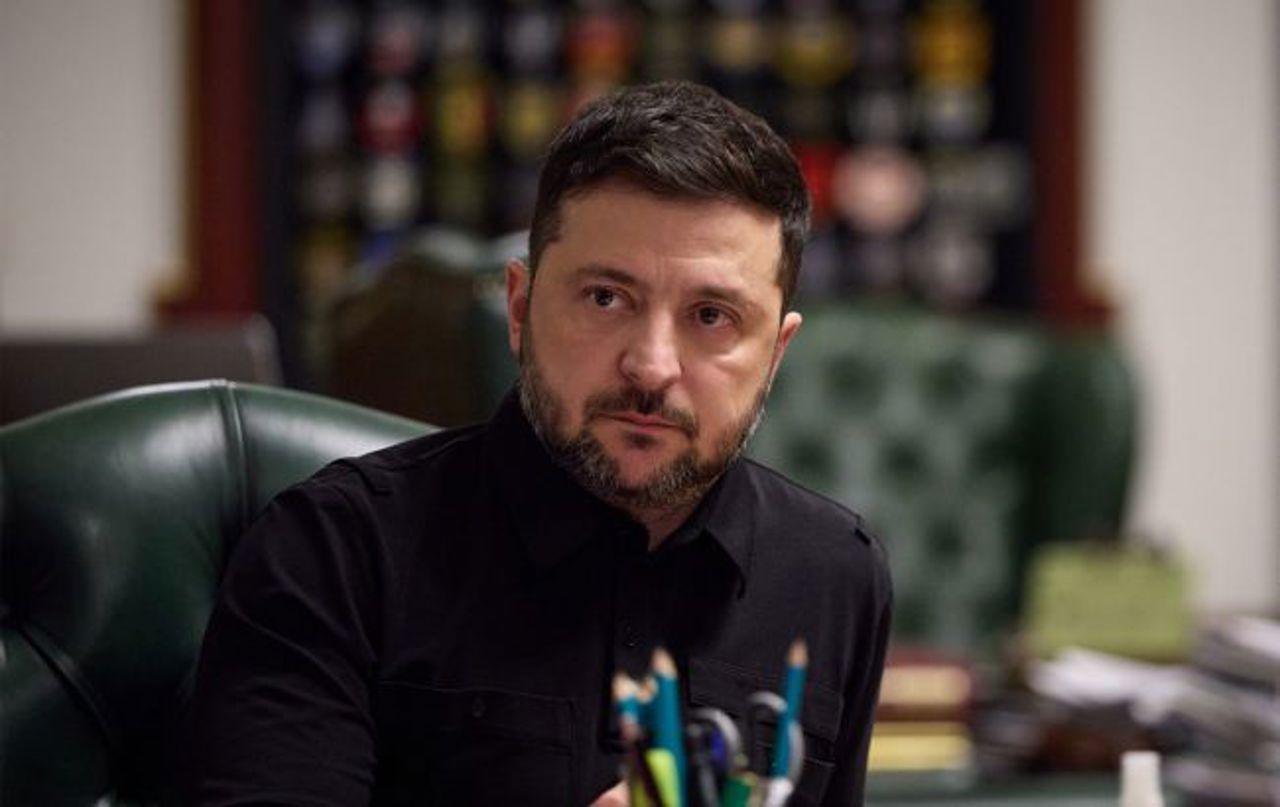Moldova: Bomb Hoaxes Target Security
Moldovan authorities are grappling with a new wave of bomb hoaxes, with perpetrators employing modified methods to overwhelm state institutions, according to Viorel Cernăuțeanu, head of the General Inspectorate of Police.

Cernăuțeanu asserts that these actions aim to destabilise and disrupt national security.
Cernăuțeanu revealed that the hoaxers appear to have gained some understanding of established protocols used by state agencies when responding to such threats. They have adapted their methods of issuing these hoaxes, exploiting loopholes within these internal protocols. However, he emphasises that this tactic is designed to strain state resources, as authorities are obligated to treat each threat seriously, regardless of its perceived authenticity.
"Every threat must be investigated," Cernăuțeanu stressed. "Law enforcement has a duty to remain vigilant and pursue all legal avenues to eliminate any potential risks to our citizens."
Recent Incidents:
Chișinău International Airport: Over the weekend, the airport was evacuated and subjected to a rigorous security sweep following a reported bomb threat. The threat was later determined to be a hoax.
Londra-Chișinău Flight: A flight travelling from London to Chișinău was diverted to Iași due to a bomb threat at the Chișinău airport. This threat also proved to be false. The incident triggered the activation of the airport's emergency response plan, resulting in the deployment of all emergency personnel at Iași Airport.
Passengers on the diverted flight reported confusion about the situation, stating they were not informed about the specific nature of the security issue. They were eventually transported to their final destination by bus.
Legal Repercussions:
Authorities have initiated a criminal case under Article 281 of the Moldovan Penal Code. This article pertains to knowingly communicating false information about an act of terrorism. The penalty for this offence includes a fine ranging from 27,500 to 42,500 lei, unpaid community service for 180 to 240 hours, or imprisonment for up to two years.
Translation by Iurie Tataru






